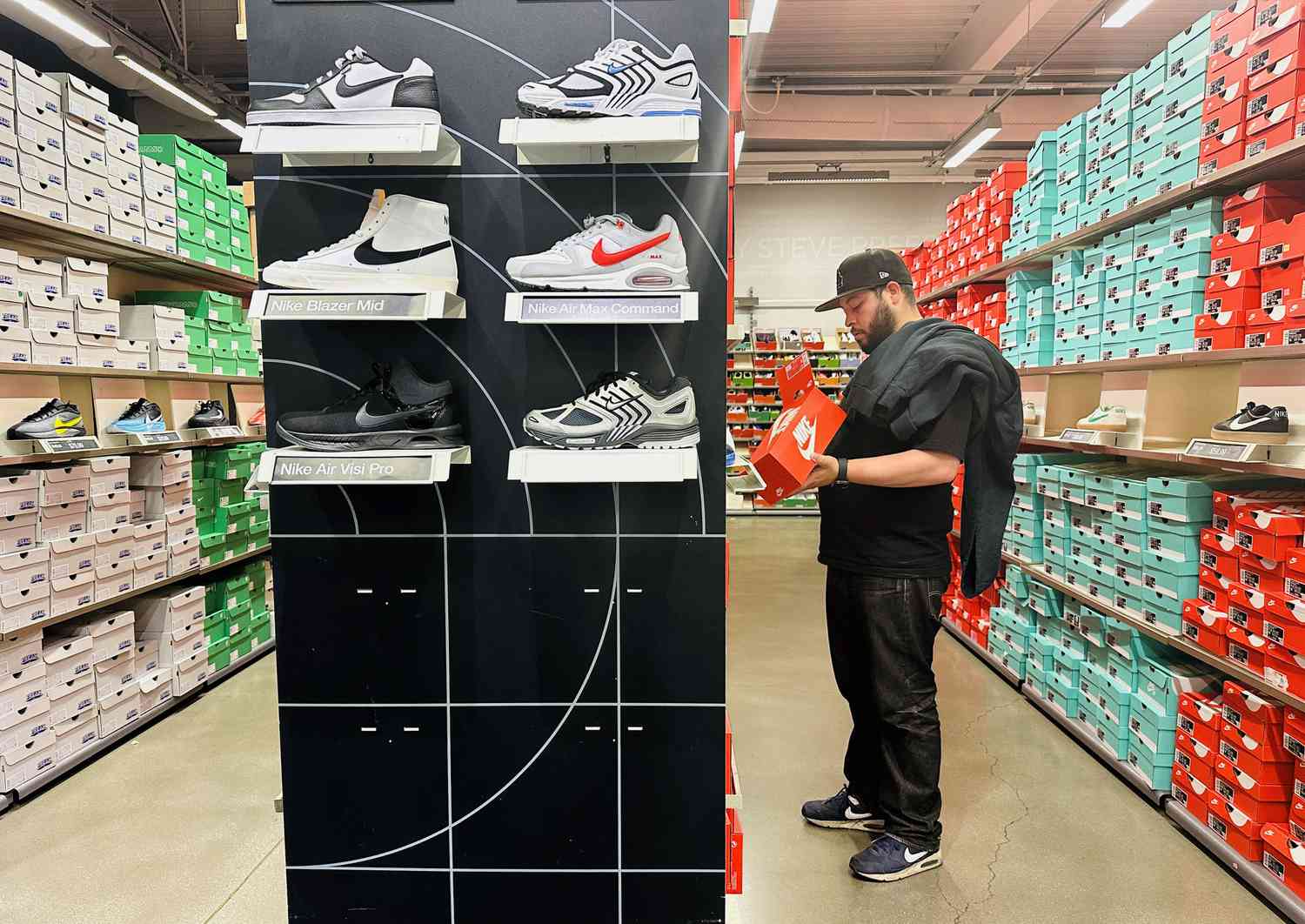
Key Takeaways
- A new survey found six in ten consumers wouldn’t pay more than 10% in additional costs on products impacted by tariffs.
- Younger consumers were more likely to cut their budgets, purchase items before tariffs take effect, or use Buy Now, Pay Later services to contend with price increases.
- Older consumers plan to purchase fewer imports if tariffs raise prices. Electronics and clothing were the most likely to be cut from consumers’ shopping lists.
A new survey found that consumers have limits on tariff-related price increases, and these limits could vary by generation.
Six in ten consumers said they wouldn’t pay more than an additional 10% on products impacted by tariffs, according to a survey from e-commerce firm ESW. An even greater majority (70%) said they plan to reduce overall spending once tariffs begin to have an effect. However, the generations are expected to react to tariffs differently.
The report comes as President Donald Trump has placed tariffs on several U.S. trading partners and products, even as some have been adjusted or paused while negotiations take place. Trump has said the move will help reinvigorate U.S. manufacturing and bring in needed tax revenue. However, economists have said that the tariffs could lead to price increases as businesses pass some of the cost of the tariffs onto consumers.
“Rather than alienating customers and risking market share, firms are hoping tariffs are dropped and costs go down,” wrote Moody’s Economist Matt Colyar on Monday. “This is a short-term salve for consumers who have not yet seen broad-based price hikes in response to U.S. trade policy, but firms indicate it will not be sustained long term.”
Older Consumers More Prepared for Tariffs
Younger shoppers were particularly inclined to slow their spending if tariffs push up prices. The survey found that more than three-in-four Millennials, aged 30 to 44, and Gen Zers, aged 18 to 29, said they planned to tighten their belts to combat higher costs from tariffs.
Gen Z shoppers were the most likely to stock up on goods now before tariffs hit, with electronics and grocery purchases being their highest priorities. Over a quarter of Millennials said they would seek Buy Now, Pay Later services to contend with tariff-induced price increases.
Meanwhile, more than half of Baby Boomers, defined as over the age of 60, are looking to purchase fewer imported goods as a result of tariffs.
“Our data finds that younger, Gen Z consumers are far more likely than older Boomers to feel unprepared for price hikes, and have already curtailed their spending in anticipation,” said Eric Eichmann, ESW chief executive officer, in a statement.
Discretionary items are the most likely to be cut from consumers’ budgets if tariffs raise their prices, with 68% saying electronic purchases were the most likely to be skipped, followed by clothing and home goods. Groceries and pet supplies were the items that consumers were most likely to keep buying, regardless of how tariffs impact the prices.
“Price-sensitive consumers, especially Millennials and Gen Z, are quick to reassess purchases that can be delayed or substituted,” the report found.

Leave a Reply